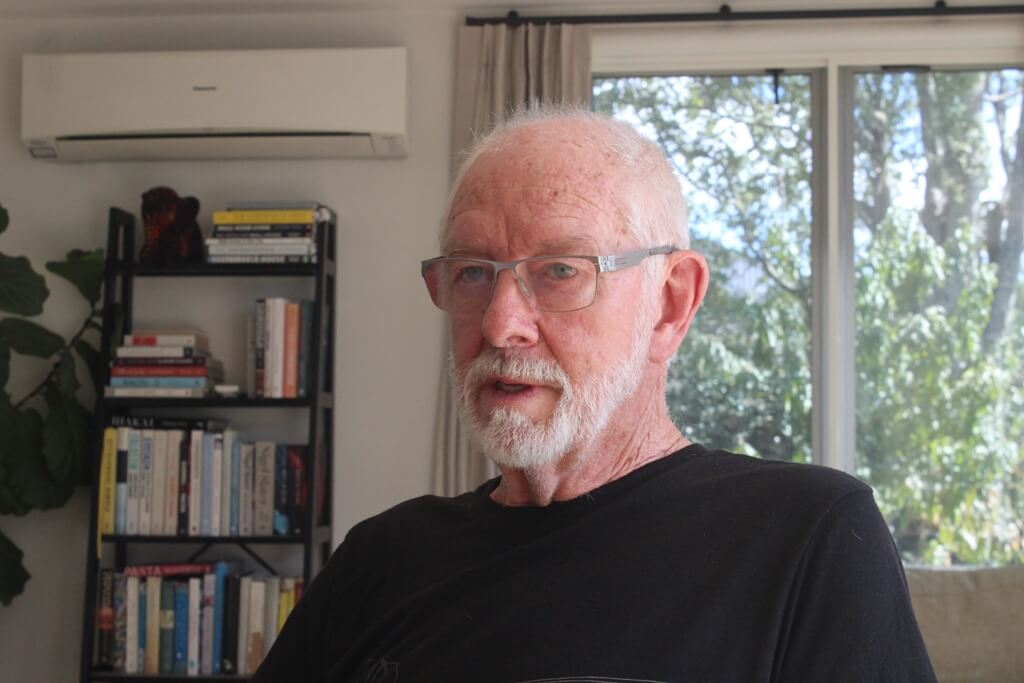
Inflation and interest rates. Photo RDNE Stock project.
That horrible word stagflation has appeared in the New Zealand media recently.

Peter Nicholl
Stagflation is the simultaneous appearance of slow or negative economic growth and high or rising unemployment with high or rising inflation. New Zealand is on the cusp of stagflation. Our growth is flat, unemployment is starting to rise and inflation is still well above the Reserve Bank’s target range. The dilemma with this mix of economic problems is that fiscal and monetary actions that would ease one of the problems tend to make the other one worse.
Economists used to think it wasn’t possible for this set of economic conditions to exist together. But it did happen in the 1970s and the term stagflation was coined. Stagflation’s initial debut on
the world stage in the early 1970s was due to a major oil price shock, the US going off the gold standard and loose monetary policy and excessive government spending.
But since then, stagflation has arisen in a number of countries in many different circumstances. There is now no consensus on the causes of stagflation. It is usually blamed on poorly designed or implemented economic policies but there is little agreement on what poor policy elements are the biggest culprit. The finger of blame has been pointed at intrusive and costly regulation, excessive monetary growth, excessive and poorly-targeted fiscal expenditure and supply shocks.
New Zealand has elements of all four of these ‘culprits’. Regulation has added enormous costs to a lot of our businesses over recent years. Much of this regulation has been in the name of health and safety. Health and safety is a laudable goal. But we need to remember that all regulation adds costs and if those extra costs become excessive, activity will decline and prices will rise. In other words, you get stagflation.
A thorough cost-benefit analysis has to be a central part of every proposed regulation. We have also had extraordinarily high rates of growth of money and fiscal expenditure in recent years.
Most articles on the current situation see it as relatively short-term. The scenario is that central banks just have to be firm for a little bit longer, then they will start reducing interest rates and economic growth will come back. Stagflation will disappear. I call that a hopeful view as many people thought interest rates would start coming down in early 2024, then the expectation shifted to late 2024 – and now they are saying we might have to wait until 2025.
I think inflation is going to be more sticky in New Zealand than in many other countries. We have some local price pressures that are just at the start of their upward cycle such local body rates and insurance premiums. There are wage pressures in a lot of sectors, stoked by comparisons with Australia and the number of New Zealanders who are shifting there. But wages in New Zealand can’t rise unless productivity rises too. We have become a low productivity country. Unfortunately, that means we are doomed to be a low wage country too.
The other major problem we have in New Zealand is a lack of competition in many key sectors. Our Commerce Commission is good at writing reports and pointing the finger at anti-competitive behaviour but seldom takes action.
We have become a high-cost economy. The combination of being a low productivity and high-cost economy seems like a perfect recipe for stagflation to me.








